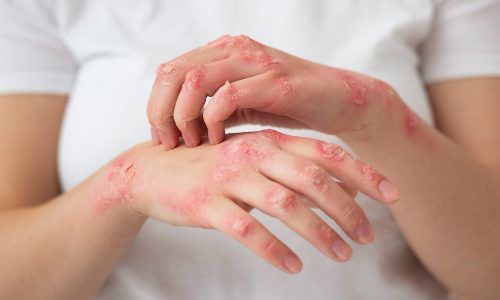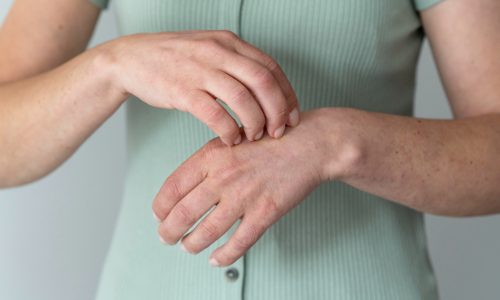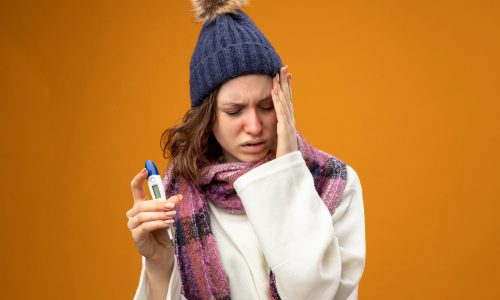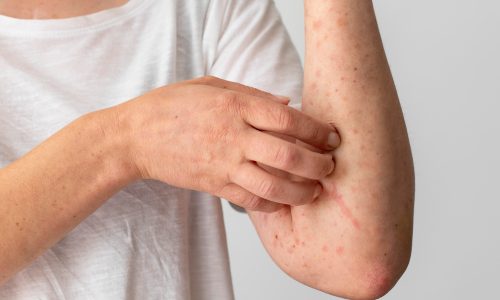Services

Eczema
Eczema, a chronic skin condition, causes dry, itchy patches that can be red, swollen, or blistered. It varies in severity and may flare up due to triggers like stress or allergens. Management includes moisturizers, topical steroids, and identifying triggers for effective symptom relief and long-term skin health. Additionally, maintaining a consistent skincare routine and avoiding harsh soaps can help prevent flare-ups. In some cases, doctors may prescribe immunosuppressants or biologic drugs to control more severe symptoms. Regular follow-ups with a dermatologist can ensure that treatment plans remain effective and tailored to individual needs.

Fungal Infections
Fungal infections are caused by fungi that invade and multiply in various parts of the body, often thriving in warm, moist environments. Common types include athlete's foot, ringworm, and vaginal yeast infections. Treatment typically involves antifungal medications, topical creams, and maintaining good hygiene to prevent recurrence. It is also important to keep the affected areas clean and dry, as fungi tend to flourish in damp conditions. Wearing breathable clothing and avoiding sharing personal items like towels can help reduce the risk of spreading infections. In persistent or severe cases, a healthcare provider may recommend more intensive treatments or lifestyle adjustments to manage the condition effectively.

Cold Sores
Cold sores, caused by the herpes simplex virus (HSV-1), appear as fluid-filled blisters on or around the lips. They are contagious and typically heal within 2-3 weeks without scarring. Treatment includes antiviral medications to reduce symptoms and prevent outbreaks, along with topical creams to soothe discomfort. Keeping the affected area clean and avoiding picking at the sores can help prevent further irritation and infection. It's also advisable to avoid close contact with others during an outbreak to reduce the risk of spreading the virus. In some cases, over-the-counter pain relievers and cold compresses can provide additional relief from pain and swelling.

Rashes
Rashes are skin irritations characterized by redness, itching, and sometimes swelling or blistering. They can result from various causes such as allergic reactions, infections, or underlying health conditions. Treatment depends on the rash's cause and may include topical creams, antihistamines, or antibiotics for bacterial infections. Keeping the affected area clean and avoiding irritants can help prevent further aggravation. In some cases, soothing baths or cold compresses can provide relief. If the rash is severe or persistent, it is important to consult a healthcare professional for an accurate diagnosis and appropriate treatment plan.

Skin Allergies
Skin allergies occur when the immune system reacts to a substance that's normally harmless, triggering an inflammatory response. Symptoms include itching, redness, swelling, or a rash. Common allergens include pollen, certain foods, medications, and chemicals. Treatment involves avoiding triggers and using antihistamines or topical steroids to relieve symptoms. Keeping the skin moisturized and avoiding harsh soaps or detergents can also help manage the condition. In severe cases, a healthcare provider may recommend stronger medications or immunotherapy. Identifying and eliminating contact with the allergen is key to preventing future reactions.

